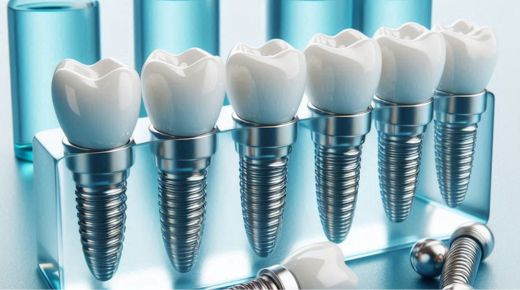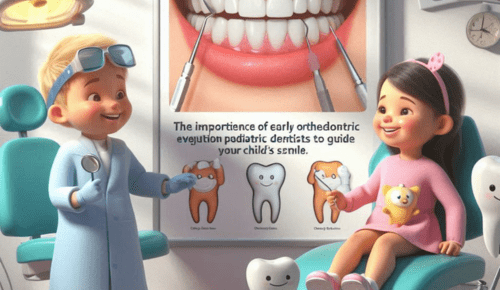
When Should Your Child Switch from a Pediatric Dentist to a Family Dentist?
If you have a child and you take them to a pediatric dentist, you are doing a great job. Most parents do not start caring for their child’s teeth until they are well into their teenage years. However, dental care begins from a very young age. That being said, it is important to know when your child is old enough to leave the pediatric dentist and go to your family dentist.
Generally, there is no specific rule about when a child should transition to a family dentist. It is recommended that they visit their pediatric dentist until they are 18. However, some experts suggest that children can make the transition even at the young age of seven if they are comfortable. It all depends on their individual needs and comfort level.
It is important to note that choosing a family dentist is not all about age; it is greatly about finding a dental practice that puts your comfort and health first. In Reno, Nevada, there are various family dentists providing a welcoming environment for children. Visit a trusted family dentistry reno to consult with an expert on whether your child is ready for the change.
Key factors to consider before making the switch –
Switching from a pediatric dentist to a family dentist is an important decision and requires various considerations.
- What is their age?
Pediatric dentists usually treat children until the age of 18. However, many parents start taking their children to their family dentist at an earlier time. The general recommendation is that children between the ages of 12 and 18 should start going to a family dentist.
- How much has their dental health developed?
If your child has completed their dental milestones, it might be time for the transition. This usually includes losing all of their baby teeth and having all the permanent teeth in their places. The mixed dentition stage, where both primary and permanent teeth are present, typically occurs between the ages of 6 and 12. By age 12, most children are ready to transition.
- Are they mature and comfortable enough?
One of the bigger considerations is whether your child is ready to handle a more generalized dental environment. Children who have learned to take care of their dental hygiene and do not feel scared in dental settings may be ready for the transition.
- How complex are their dental needs?
As children grow, their dental needs grow more complex. For example, eruption of wisdom teeth, gum issues, the need for braces, etc. All of these may not be properly addressed by a pediatric dentist as they are not an expert in the area. If your child has advanced dental issues, they are ready to make the switch.
How do you make the transition smooth for your child?
To make sure the transition from a pediatric to a family dentist is smooth for your child, start by talking about it directly with them. You do not want to surprise them by suddenly showing up at a completely different dental clinic. Help them understand what they can expect and clear any doubts or questions that they might have.
When choosing a family dentist, it will help if you make your child a part of the process. While it is not ideal to let a child make the decision, involving them in the decision-making process can build trust, ownership, and comfort. After all, it is important that they like the dentist and develop a good bond with them. They should not feel like they are going against their will.
Finally, check with your child if they are experiencing any anxiety or fear about the change. Addressing these problems at home will avoid problems in the clinic.
Is your child old enough yet?
As a parent, you will definitely want the best for your child. Consult with a family dentist in Reno to know whether your child is ready for the transition.



